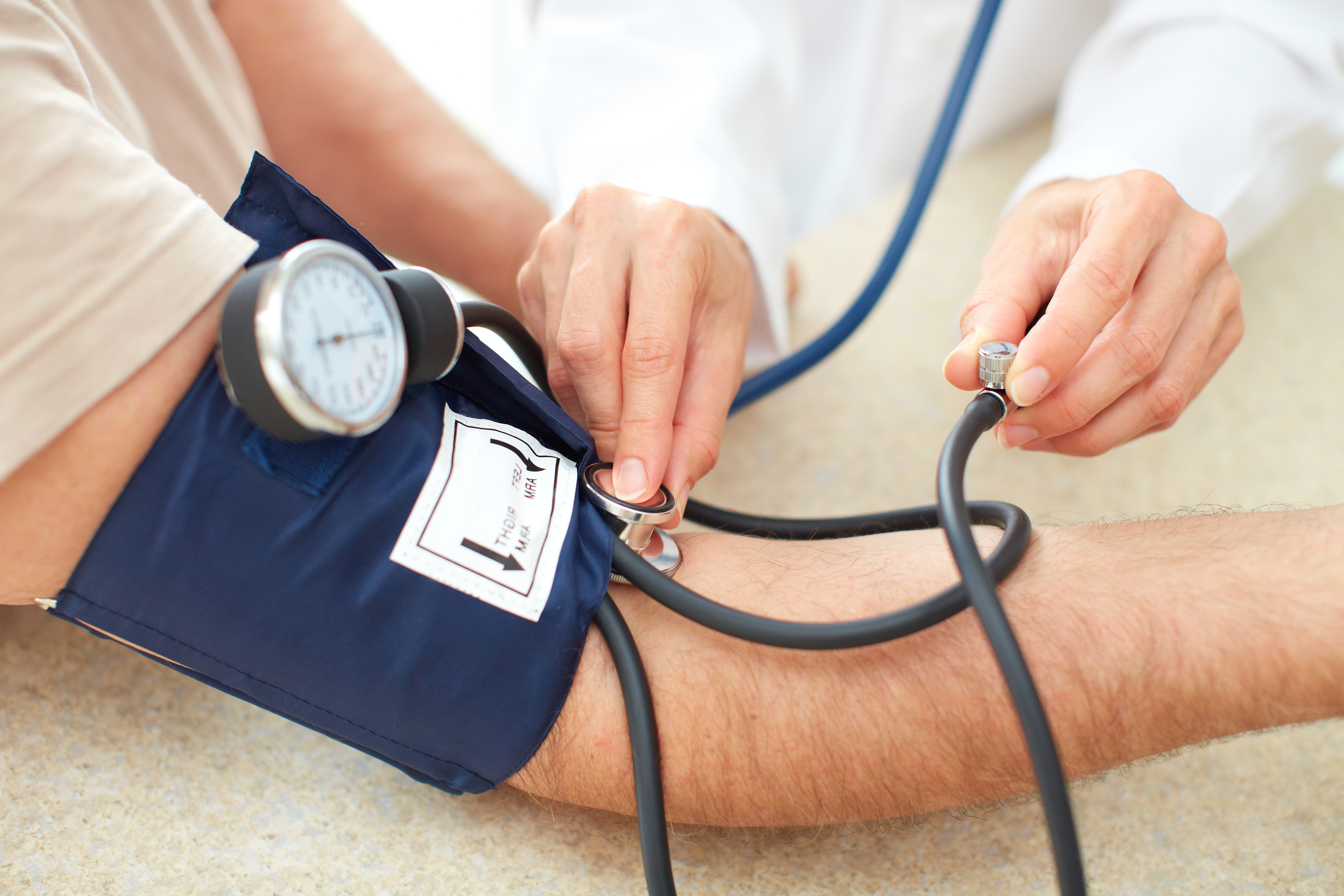
Busting myths about ‘the silent killer’ HYPERTENSION has been called as ‘the silent killer.’ It strikes any moment. It proffers no symptoms that can alert a victim whose risks to brain attack or stroke go up nearly 10 times. About 80% of all heart attacks and stroke stem from high blood pressure.
Deaths from this killer malady can be prevented if the attendant myths are laid to rest:Hypertension afflicts the elderly. World Health Organization records show that high blood pressure affects one in every three people over 18 years of age. The ratio goes up with age—one of every 10 in their 20s and 30s; 50% of people in their 50s. Blood vessels tend to weaken with age, thus, the increased odds of hypertension increase as one ages; but as records show, hypertension is no longer confined to old people.
Men are more prone to high blood pressure. The condition is more common in men below 45 and in women after menopause; however, both are equally at risk of developing hypertension.Hypertension runs in families. Lifestyle shifts have allowed many people with a family history of high blood pressure to shun the condition.Preventive changes include:
• Heart-healthy diet with limited sodium intake of less than 1,500 mg per day;
• Regular physical activity;
• Upkeep of a healthy weight;
• Stressmanagement;
• Refrain from tobacco;
• Limit alcohol intake;
One HBP reading can point to hypertension. Changes in blood pressure go hand in hand with the activity a person goes through. It goes down during sleep, rises upon waking up or when you’re tense, excited, nervous or physically active. A single HBP reading does not indicate hypertension; one normal reading doesn’t mean you aren’t hypertensive. However, high readings over a span of time—weeks, months—can point to hypertension. Salt in my food is limited; there’s not much salt in my cooking. Salt hides in processed foods which often contain high concentrations of sodium—including pickles, corn meal-based snacks, breads, and baked products. Limiting salt intake means considering the salt content shown on labels of food items incans or plastic packages. Up to 75% of sodium intake comes from such processed foods as sauces, soups, instant noodles, condiments, and prepared mixes.HBP can be eliminated with medication.
Hypertension can only be managed—not totally eliminated. That means those with HBP need to follow their physician’srecommendations, even if that entails taking medication daily for the rest of their lives. Too, the hypertensive has to make changes in diet and lifestyle to keep HBP under leash.
There is no cause for worry over HBP effects on health. HBP hardens the blood vessels leading to a condition called arteriosclerosis that, in turn, can trigger aneurysm, often fatal. Hypertension can also touch off (1) heart failure; (2) dementia; (3)kidney failure; (4) impaired vision; (5) sexual dysfunction; (6) complications in pregnancy; (7) leg cramps; (8) sleep problems; and (9) osteoporosis or bone loss. It’s alright if only one of the BP parameters is high.The heart can bear occasional jumps in systolic BP compared to diastolic BP.Consistently high diastole can touch off health woes while high systole is of concern to those over 50 years of age.
– Dong Ampil Delos Reyes, Medical Observer
Overweight and obesity are defined as abnormal or excessive fat accumulation that presents a risk to health. A body mass […]
Around 27 million Filipino adults are overweight or obese, according to the latest National Nutrition Survey conducted by the Food […]
Advances in scientific and technological knowledge have provided unprecedented advantages in terms of immeasurable convenience in our daily living, lightning-fast […]